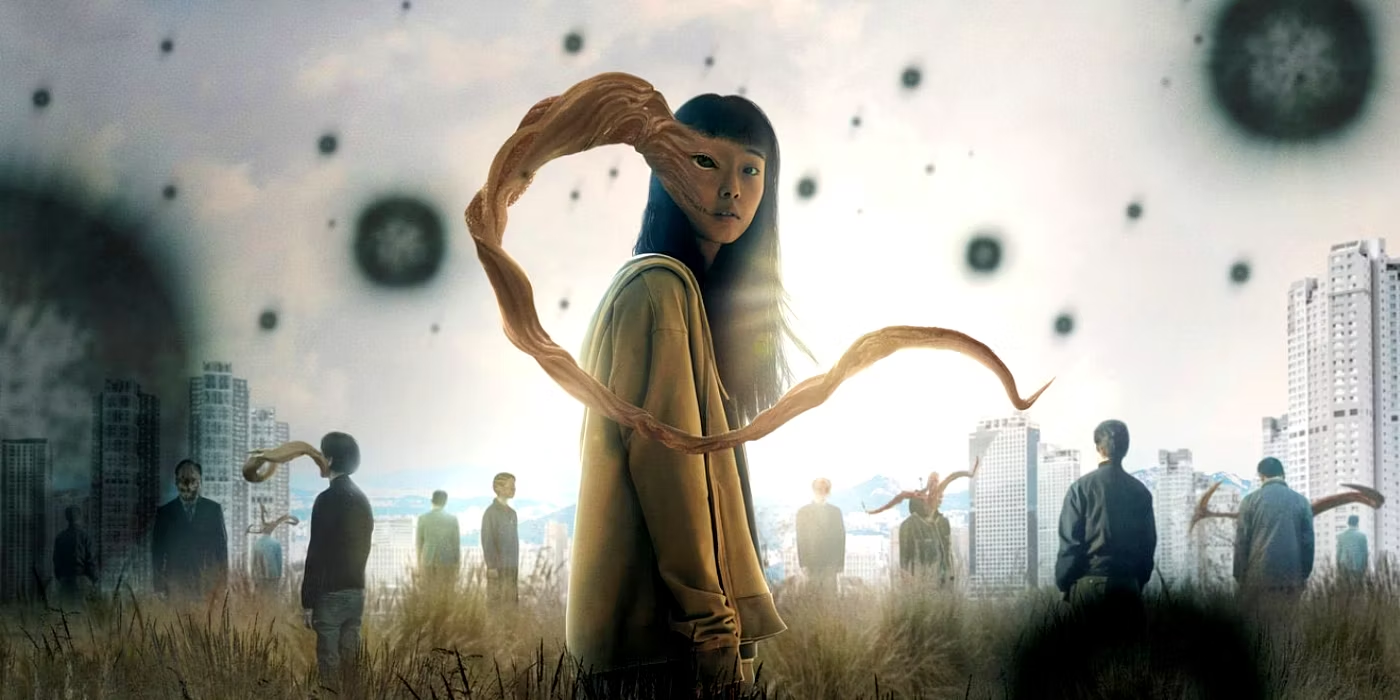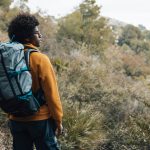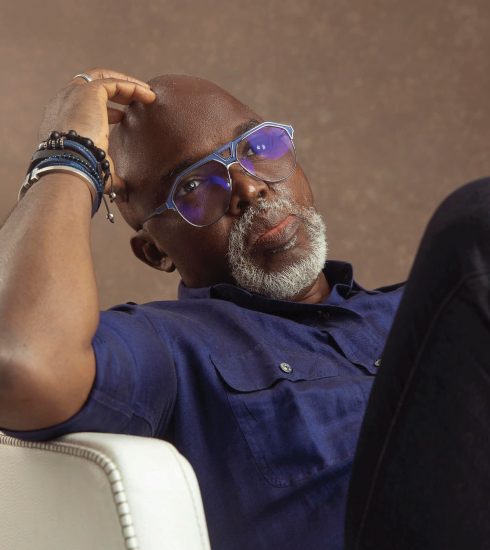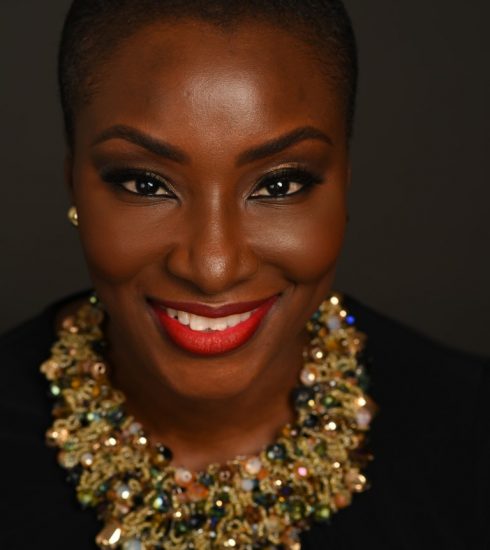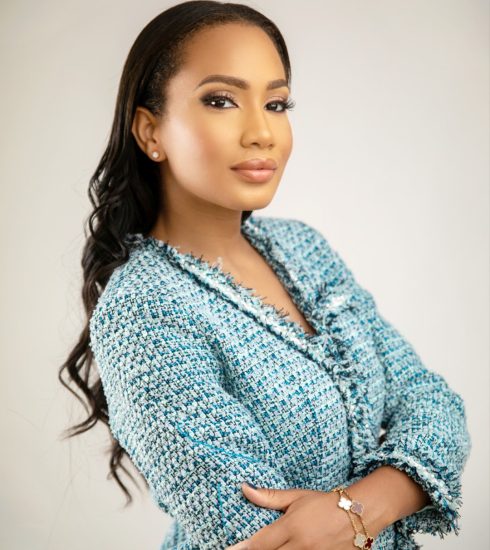Eso Dike is Dominating Nollywood And NollyTube
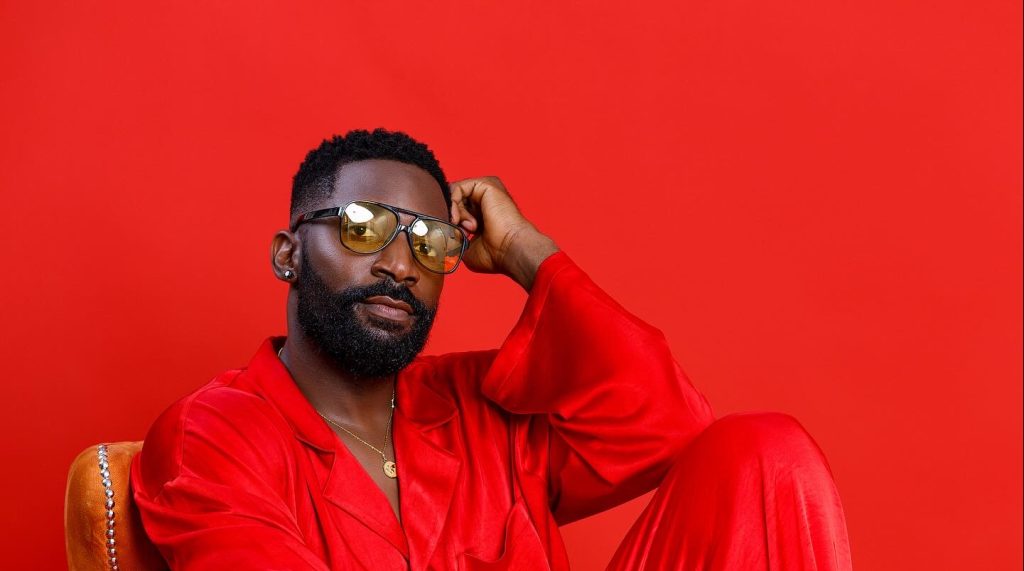 To be quite honest, I don’t know anyone busier than Eso Dike right now. Eso is many things. He is an actor, rapper, TV presenter, lawyer, and a certified Nollywood heartthrob, with ladies crushing on him all over social media. After his superb portrayal of Tsola in Arese Ugwu’s The Smart Money Woman TV series, Eso has been able to build a formidable personal brand in the industry, becoming a household name just like those he once looked up to.
To be quite honest, I don’t know anyone busier than Eso Dike right now. Eso is many things. He is an actor, rapper, TV presenter, lawyer, and a certified Nollywood heartthrob, with ladies crushing on him all over social media. After his superb portrayal of Tsola in Arese Ugwu’s The Smart Money Woman TV series, Eso has been able to build a formidable personal brand in the industry, becoming a household name just like those he once looked up to.
The Big Screen Giant, or Quiet Don as he’s fondly called, has taken over the NollyTube scene this year, and he’s making necessary strides towards his goal of one day
acting in Hollywood. If you aren’t familiar with the term “NollyTube”, it refers to the uprising of Nollywood movies on YouTube. Some of our favourite stars and filmmakers have decided to branch out of the cinema and streaming service platforms to give their audiences free entertainment.
Eso Dike is fast becoming a regular in the NollyTube scene and that’s why he’s this week’s cover. This year alone he’s featured in Omoni Oboli TV’s Cold As Ice, Breakfast is Served, A Night in July, and Fiance for A Day, to name a few.
Under his production company, Collier Noir Production, he’s also working on his first NollyTube movie titled, We Move in collaboration with Metanoia Productions.
In this interview, Eso Dike speaks to Eki Ogunbor, Lifestyle Editor at Large at TheWill Downtown, about his journey in Nollywood so far, his love for music, and his plans for the future.
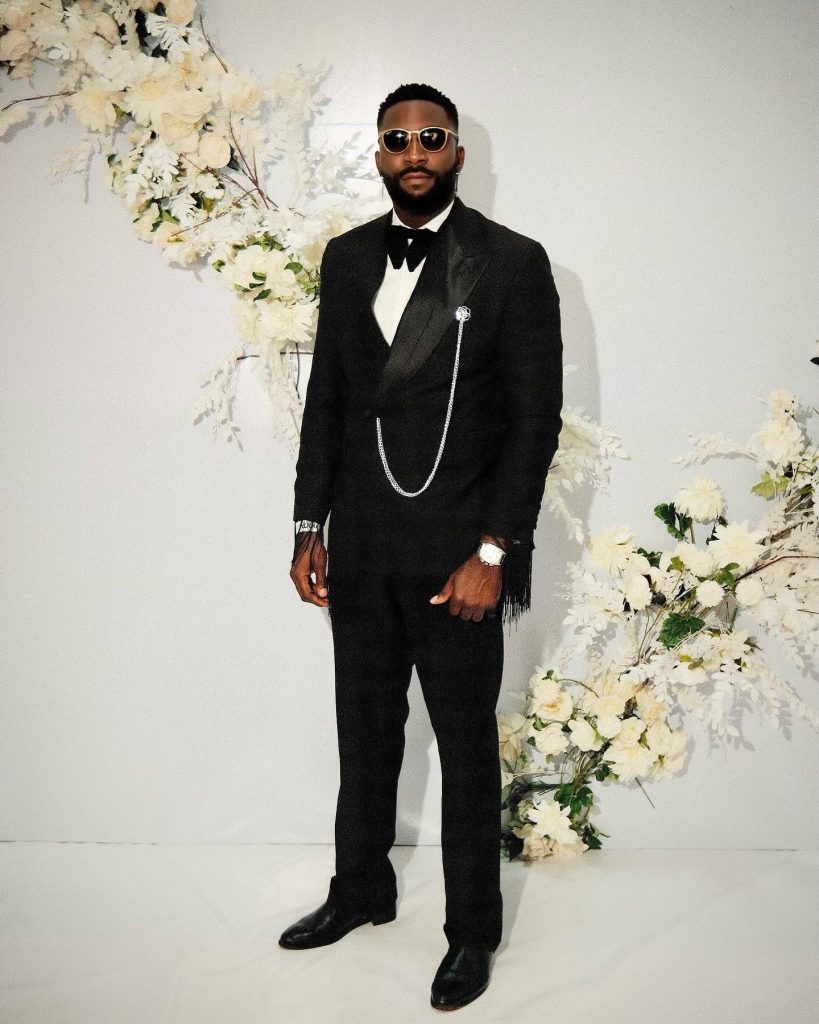
Can you share your earliest memories of being drawn to the entertainment industry?
Vinyl Records! Music was my first attraction to entertainment. My father has a collection and still does, and he plays different types of music every day. For movies, it was from
watching rappers who made the switch from music to movies.
I was fascinated by that. Ice Cube in the 90s with Boyz N The Hood, Friday and others. Jay Z as well with Streets Is Watching. There are a few of them, Snoop Dogg had a movie out in the 90s if I recall. Then came the early 2000s era with Ludacris, TI, etc.
How do you balance your various roles as an actor, musician, television personality, lawyer, and media entrepreneur?
I haven’t practiced law actively for several years and I have taken a break from television presenting. Most of my time is dedicated to making movies and building my media company. As for music, I’m back to being active, and I intend to drop an album this year.
What inspired you to pursue a career in law, and how does your legal background influence your work in the entertainment field?
Apart from theatre arts and mass communication, law was the only thing that appealed to me. I have a flair for it, and many of my family members are lawyers, including my older sister. My legal background influences my work in very minute ways. For example, I am very particular about reading my contracts word for word, even though I’ve realised that many actors don’t.
What do you find most fulfilling about your work as an actor, and how do you choose the projects you want to be involved in?
Being able to portray different characters and step in the shoes of different people. That’s what I find most fulfilling. I choose projects I want to be involved in using a three
criteria method:
1) the excitement I get from the script and the character I’m supposed to play,
2) the financial remuneration on offer,
3) the impact I foresee said project or character having on my career and the industry in general.
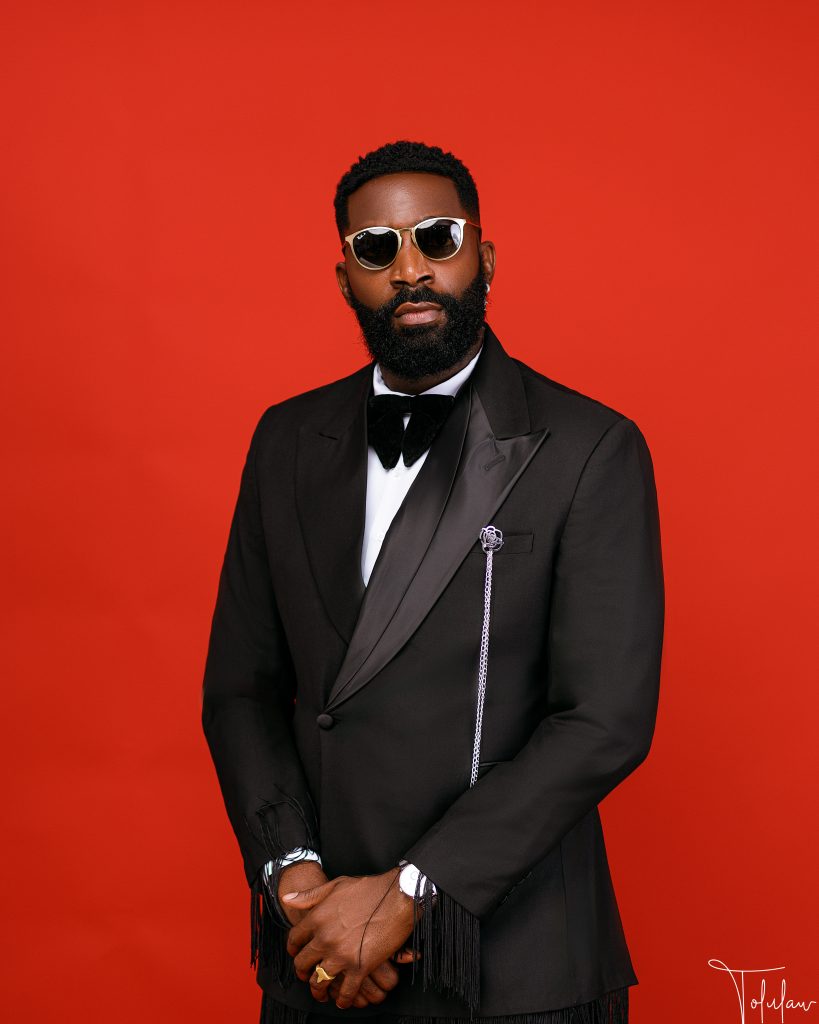
Can you describe your creative process when working on music projects compared to preparing for acting roles?
Making music for me is harder these days. I didn’t need a process or inspiration.
I was always in the mood, and I used to write all the time. But it’s true when they say you have to feed something if you want it to grow. I haven’t been feeding my music muscle as often as I should, but I plan to change that. For acting, I prepare by doing research and watching films and characters that are similar in my head. Watching other actors in their element inspires me.
The Smart Money Woman received widespread acclaim. What was your favourite part about working on the show, and how did it impact your personal and professional growth?
My favourite and most gut-wrenching part of working on that show wasn’t the fact that I got to work with some of the biggest stars in the industry. I had the biggest impostor syndrome on that set. You have to understand that, at the time, I had been acting for years, but nothing was going on for me. I was on the verge of quitting acting when Arese gave me that opportunity. I didn’t know why she did it, but I was, and still am grateful to her. Casting an unknown face, with maybe 6k or 7k followers, [on a project] with household names. The weight of expectation plagued me and didn’t allow me to enjoy shooting season 1. The growth after the show was tangible. Both personally and professionally.
Especially after it debuted on Netflix, two years [I think], after we shot it. That was my first introduction to a global audience, and things haven’t been the same since.
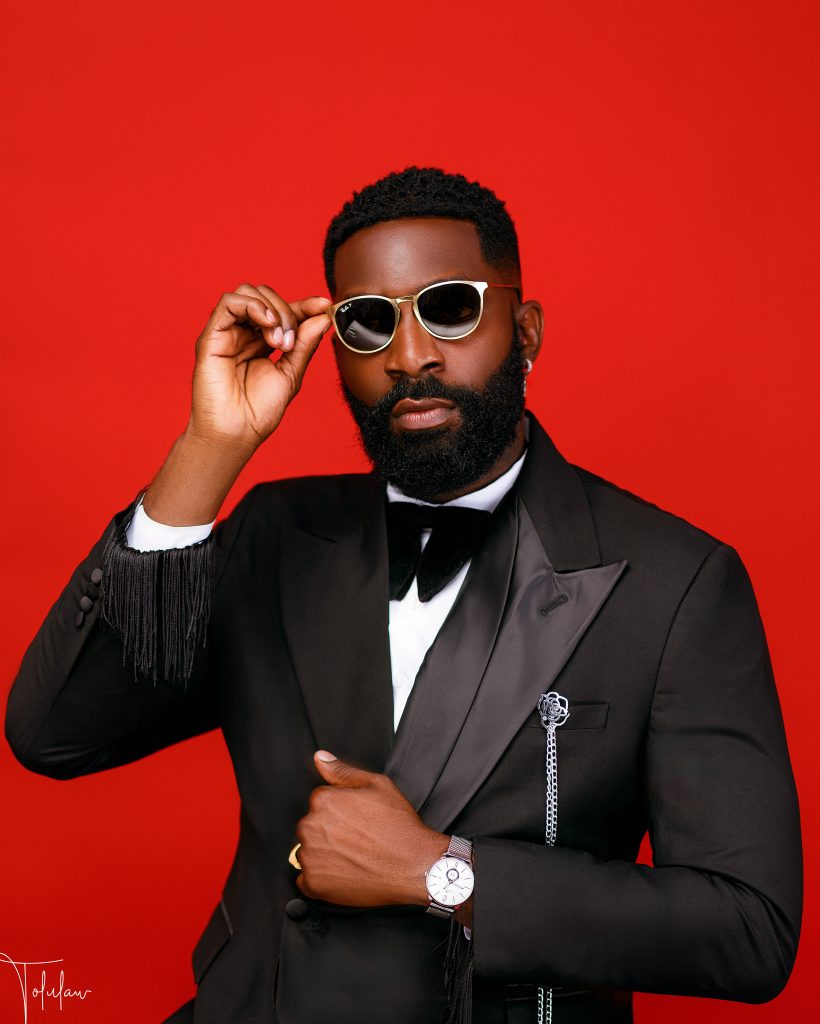
As someone who has experienced success in both television and film, do you have a preference for one medium over the other? If so, why?
I don’t have a preference. It would depend on the project.
What are some common misconceptions people have about the entertainment industry that you’d like to debunk?
A few! People think filmmaking is child’s play and that we are just outside having a swell time. From first-hand experience, making and being in films is probably one of the hardest thingsI’ve had to do, and I’ve worked in furnishing! So you can imagine. Also, people think actors are just rolling in cash, 24/7, 365 days a year. Errrrr, apart from maybe a certain percentage, that’s not the case. There are a few others that I’d rather not get into.

Can you share any memorable experiences or challenges you faced while filming Ijakumo, The Wildflower, and The Stand Up?
In Ijakumo, I had cables attached to me that lifted me maybe 15 feet from the ground. That was exhilarating. On The Wildflower, the subject matter of the film and what my character’s partner experienced left me with a knot in my chest, even after filming. I wore the most uncomfortable contact lens in one 1 eye for the duration of the shoot whilst filming The Stand Up.
How do you stay motivated and inspired in such a competitive industry, and what keeps you driven to pursue your goals?
I’m inspired at all times because the thought of mediocrity scares me. I chose to be here and failure is not an option, by the grace of God.
As a media entrepreneur, what motivated you to venture into the business side of the industry, and what are your long-term aspirations in this regard?
My motivation is to make more money, own my intellectual property, and eventually control my own narrative.
What advice would you give aspiring actors and musicians who are just starting their journey in the entertainment industry?
Patience is a virtue. Perseverance too. Do the work to improve yourself and create consistently. Collaborate, as well. Eventually, with hard and smart work, God’s grace, and good fortune, it will take off.
How do you think the Nigerian entertainment industry has evolved over the years, and what changes do you hope to see in the future?
The entertainment industry in Nigeria is one of the biggest exports out of the African continent. And most of it is not government-assisted. That speaks volumes
about how much it has evolved. What I foresee is bigger collaborations and acknowledgement across the board.
Can you share any upcoming projects or collaborations that you’re particularly excited about?
The Smart Money Woman Season 2, I can’t wait for that to come out. Grind Season 2 as well. There’s a lot I can’t say right now, but trust me, I’m cooking.
How do you handle criticism and feedback, both positive and negative, about your work?
I try to take it all on the chin. It’s all part and parcel of the job. I feel good when I get positive feedback. I’ve also learned to decipher bashing (negative criticism) from the constructive.
Can you tell us about a role or project that challenged you the most and how you overcame any obstacles you faced?
All roles are challenging in their own way. I had to play a blind man once. I closed my eyes practically the whole time we were filming to get into character. That was challenging!
What role do you believe artists and entertainers play in shaping societal narratives and promoting positive change?
You’re automatically a role model as a public figure or someone in the spotlight, so we do have a role to play. But in the end, we are humans as well. So it shouldn’t be down to just public figures to share societal narratives.
Can you share any behind-the-scenes anecdotes or funny moments from your time on set or in the recording studio?
If you go on my social media pages, you’ll see a funny clip that I had an idea for with Omoni Oboli, after Bimbo Ademoye had discovered “Premarital Deyemi” [Deyemi Okanlawon] on set. That was hilarious!
What do you enjoy doing in your free time when you’re not working on projects?
I watch movies. I play football. I drink tea. Amongst other things.
Lastly, what message or legacy do you hope to leave behind through your work in the entertainment industry?
I hope to be able to inspire with my story. I moved to Lagos to pursue my dreams without a plan in mind. Just faith in God and myself. I want to leave behind a plethora of good work. Things that my kid’s kid’s kid’s kid’s kid’s kids will be proud of.
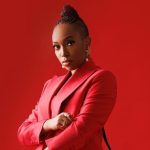
Eki Ogunbor has a Vogue Fashion Certificate from Conde Nast College of Fashion & Design and also attended Central Saint Martins, London College of Fashion and the University of Kent. Eki headed the Design Operations at a top Nigerian womenswear fashion brand before developing her own brand, KISARA. She is the Editor-At-Large at THEWILL DOWNTOWN.


